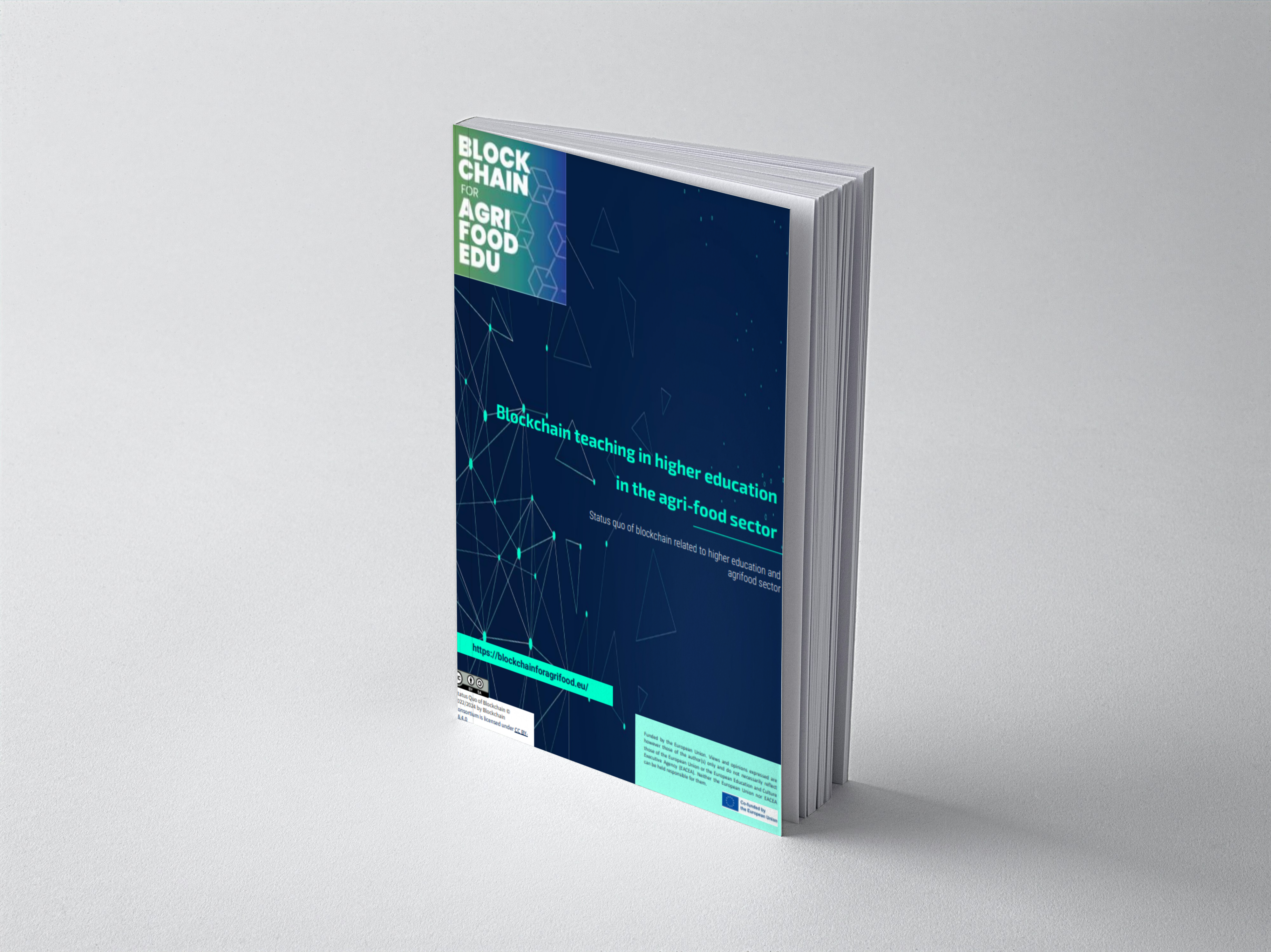Introducing the Status Quo Report on blockchain education in the agri-food sector. This comprehensive report delves into the current state of blockchain education and its applications in agribusiness, food science, and nutrition across Europe.
The report examines the opportunities and limitations of blockchain teaching in higher education, offering insights from Germany, Denmark, Ireland, Slovenia, Slovakia, and the Czech Republic. By presenting an overview and a ranking matrix based on digital indices, the report highlights the varying levels of blockchain adoption and education in these countries.
In higher education, the adoption of blockchain technology varies significantly. While Germany offers a limited range of dedicated blockchain degree programmes, it has several universities providing courses and seminars on blockchain. Denmark, despite its advanced IT infrastructure, faces challenges due to the absence of standardised solutions and a shortage of experts. Ireland has notable programmes like the MSc in Blockchain (Distributed Ledger Technologies), which provide in-depth insights into various aspects of blockchain technology. Slovenia is integrating AI and big data analytics into its education system, aiming to modernise higher education management. Slovakia and the Czech Republic are focusing on digital learning tools and precision agriculture technologies to enhance their educational frameworks.
In the agri-food sector, the adoption of blockchain technology is also varied. Germany has isolated initiatives for food traceability and supply chain optimisation, while Denmark's advanced IT infrastructure supports precision farming. Ireland is pioneering the use of blockchain in the beer industry, ensuring transparency and authenticity. Slovenia’s significant economic growth and reforms have created a conducive environment for blockchain adoption. Slovakia is leveraging Industry 4.0 technologies to enhance its agricultural competitiveness, and the Czech Republic is employing AI and IoT technologies for precision farming.

The report underscores the importance of blockchain technology in transforming the agri-food sector by enhancing transparency, traceability, and efficiency. It also highlights the need for further improvement in blockchain education and adoption across Europe.
Below you can browse the report online or download your device!